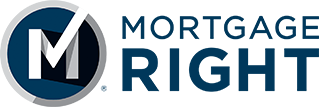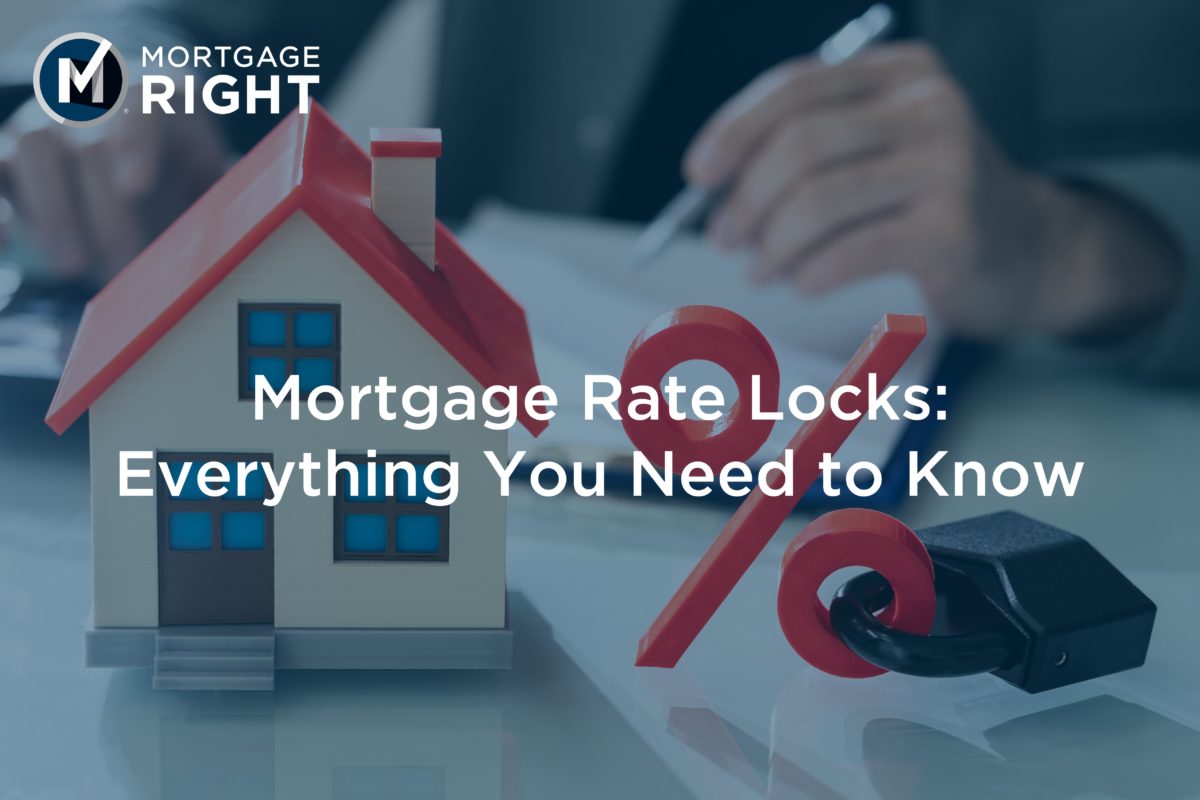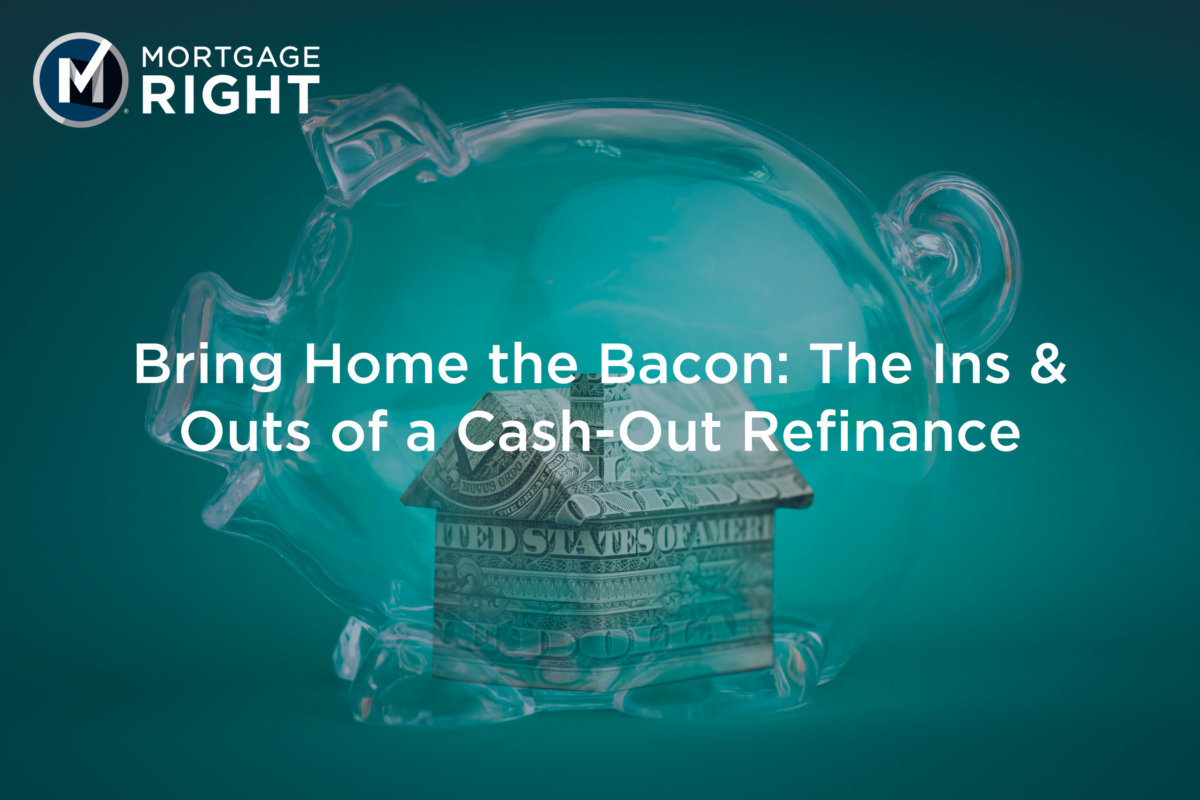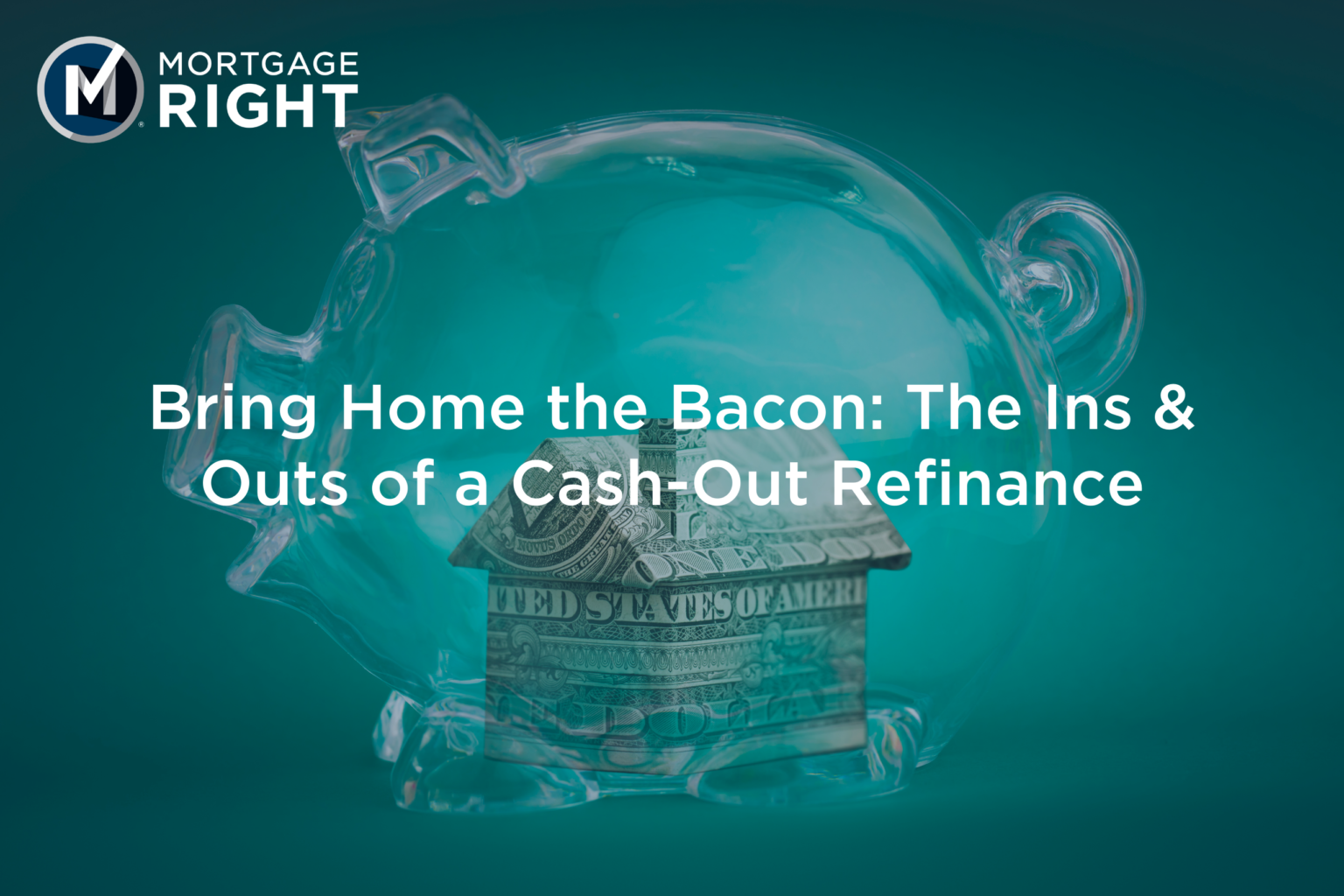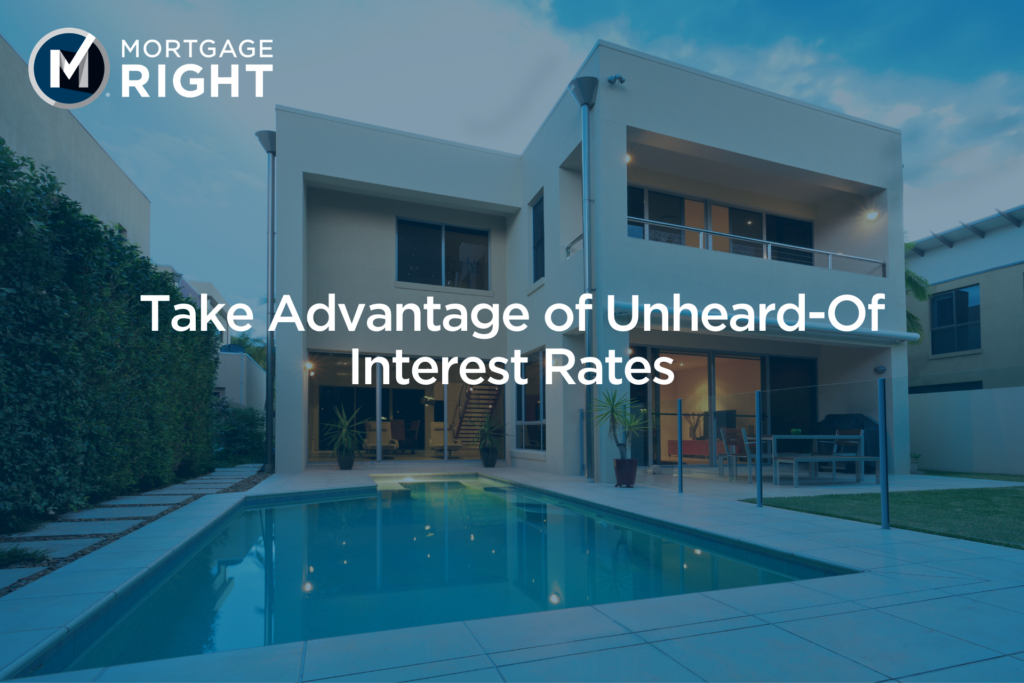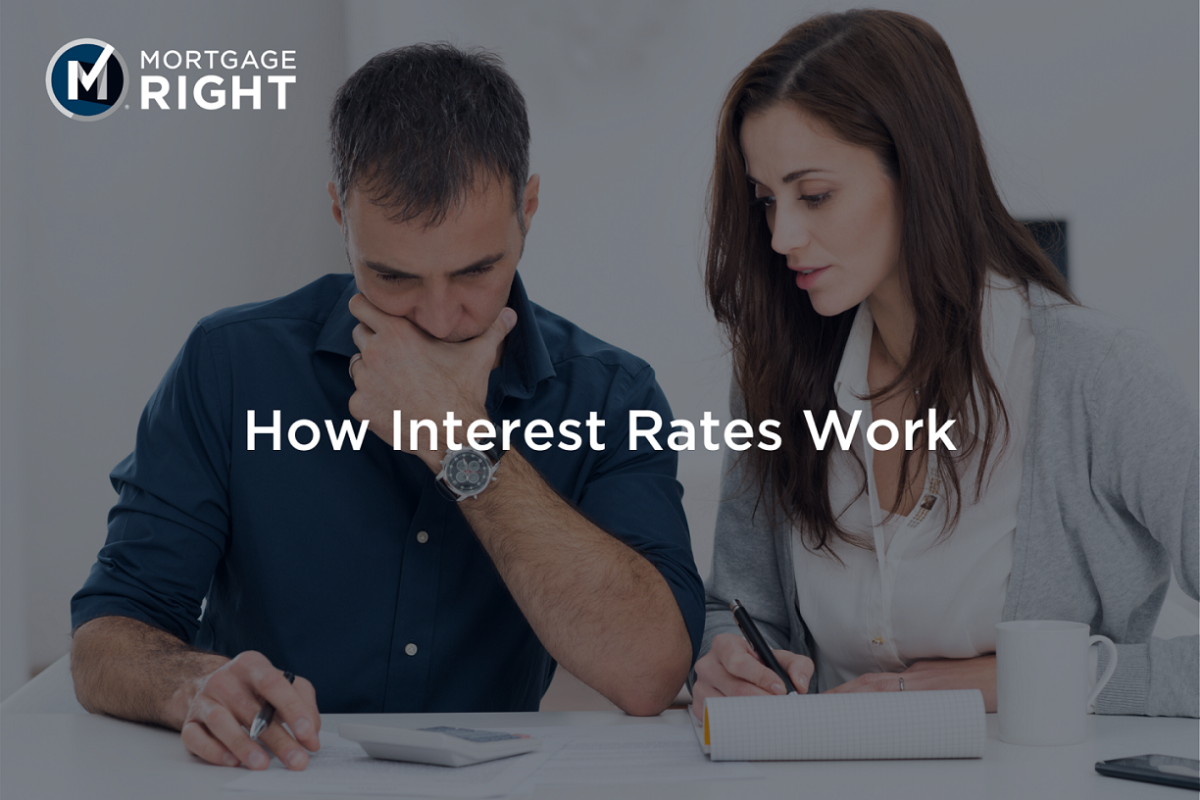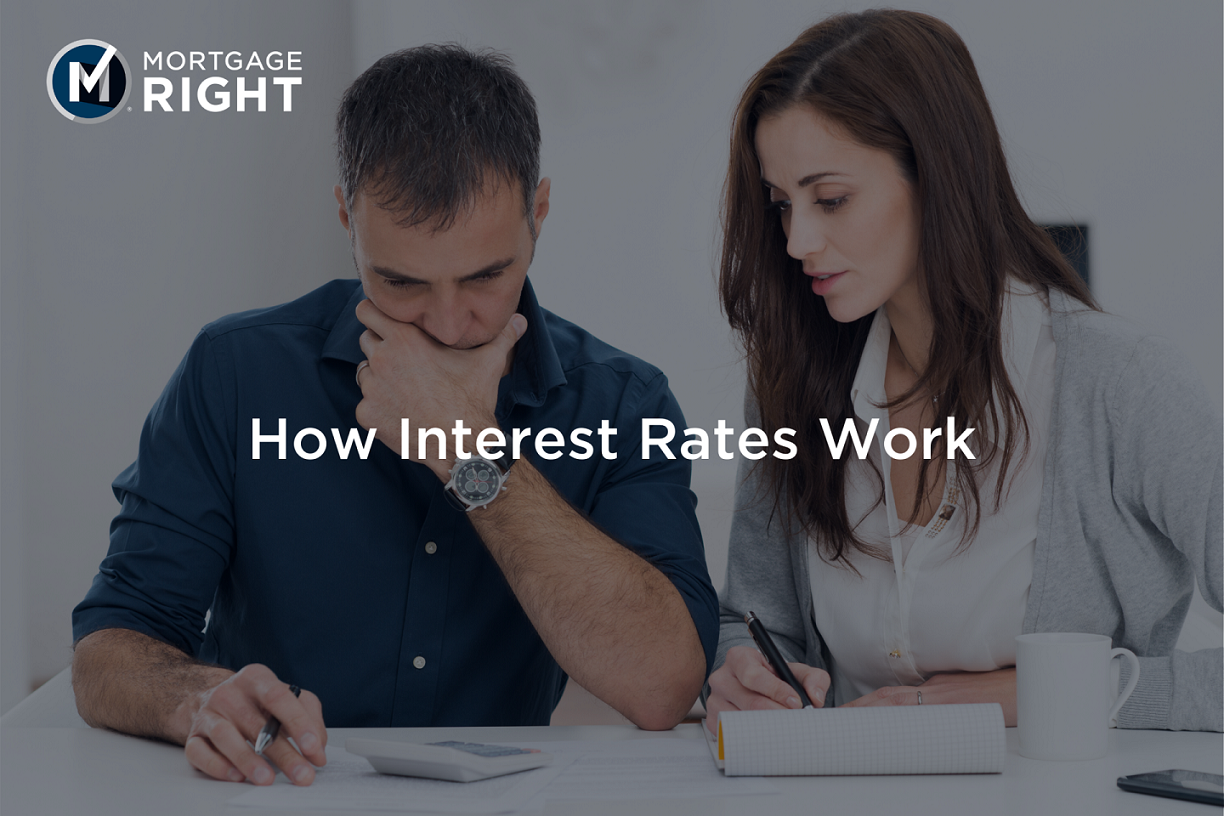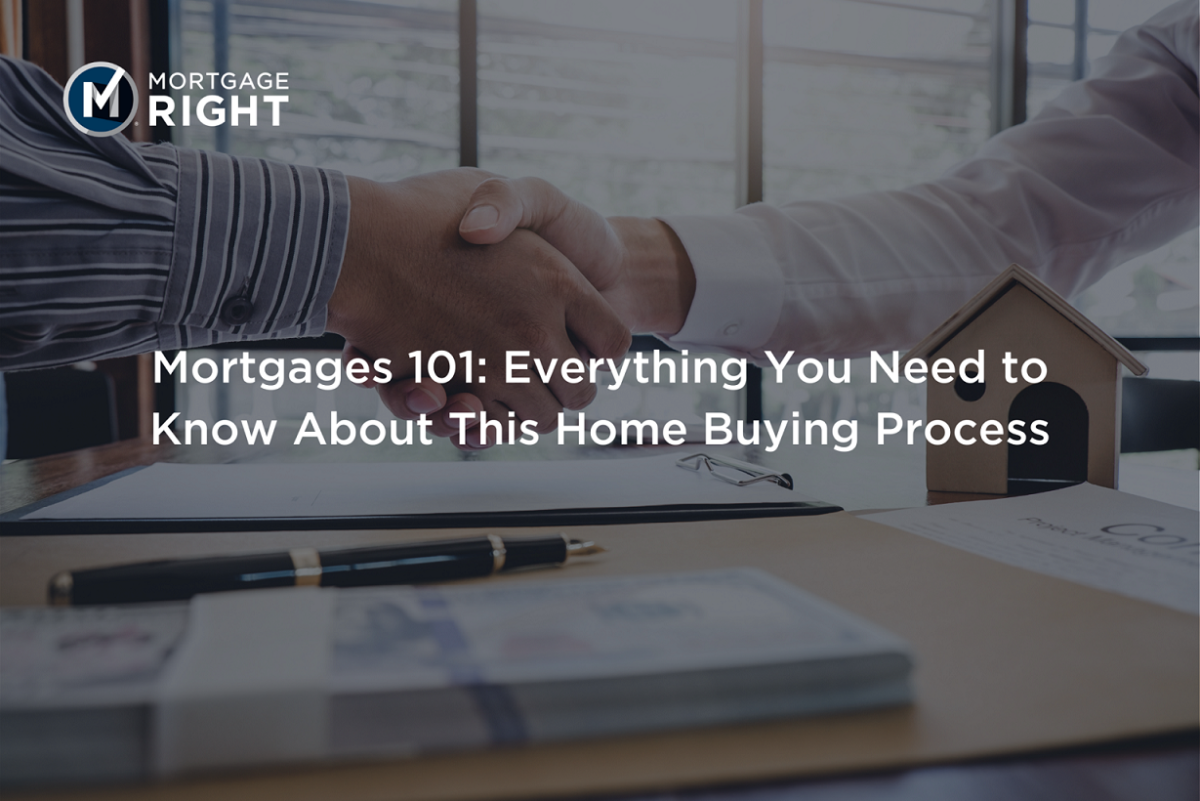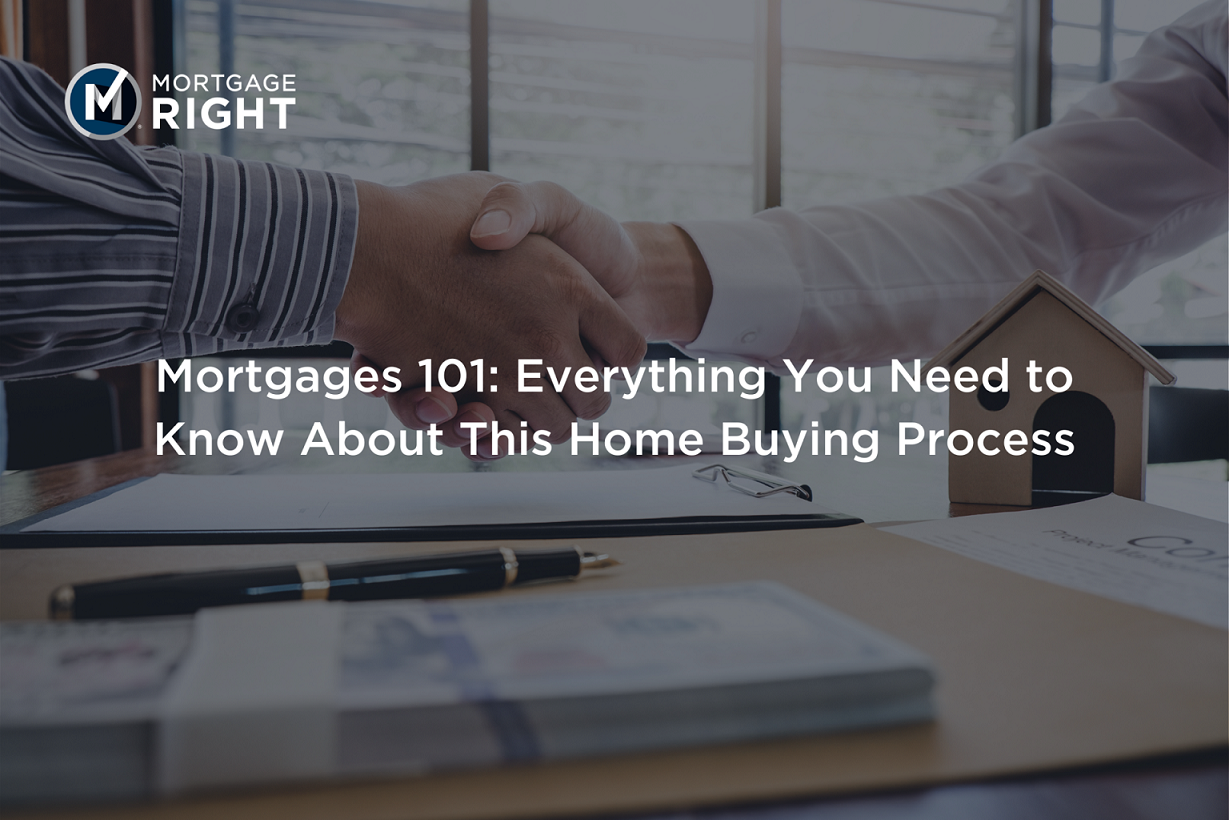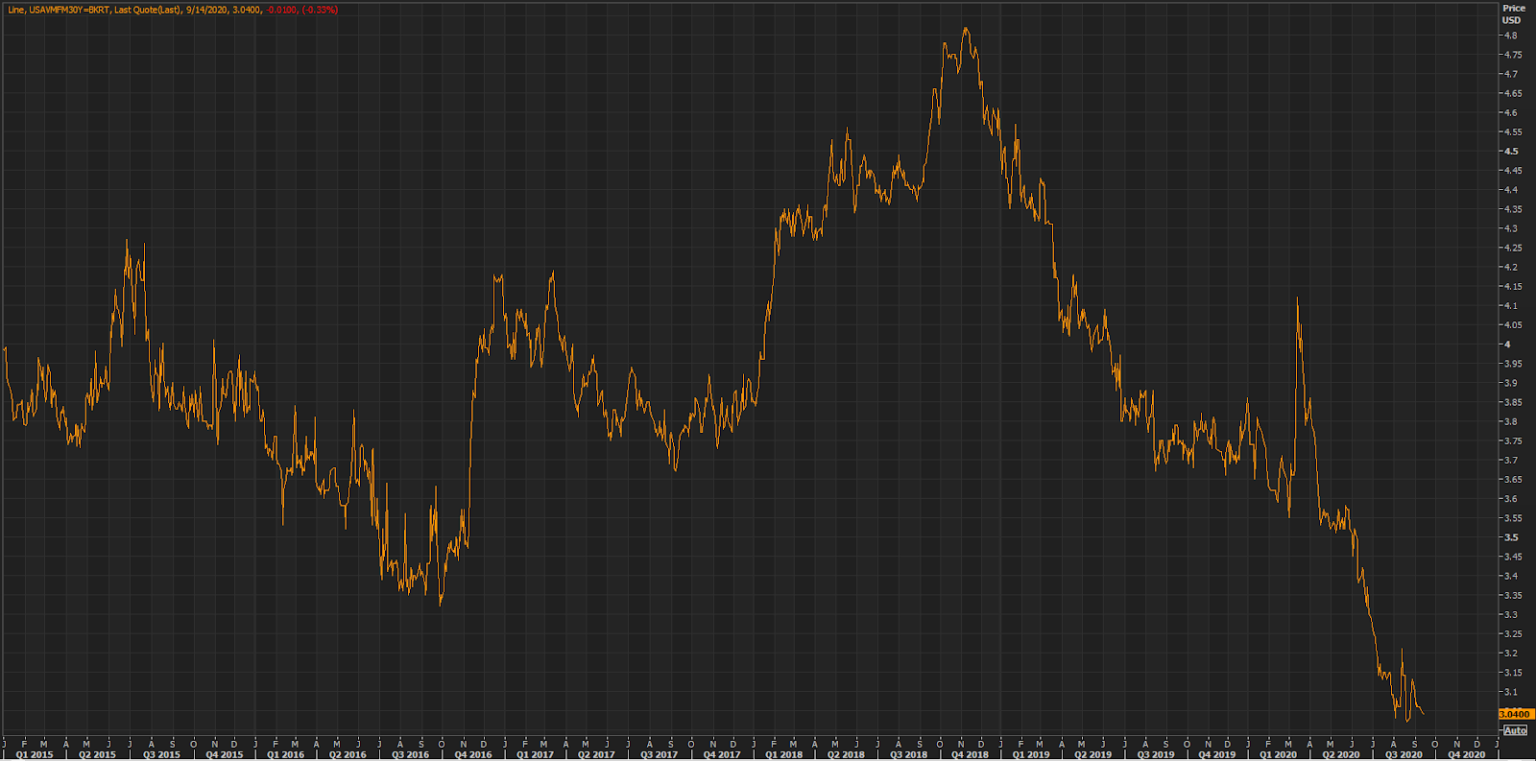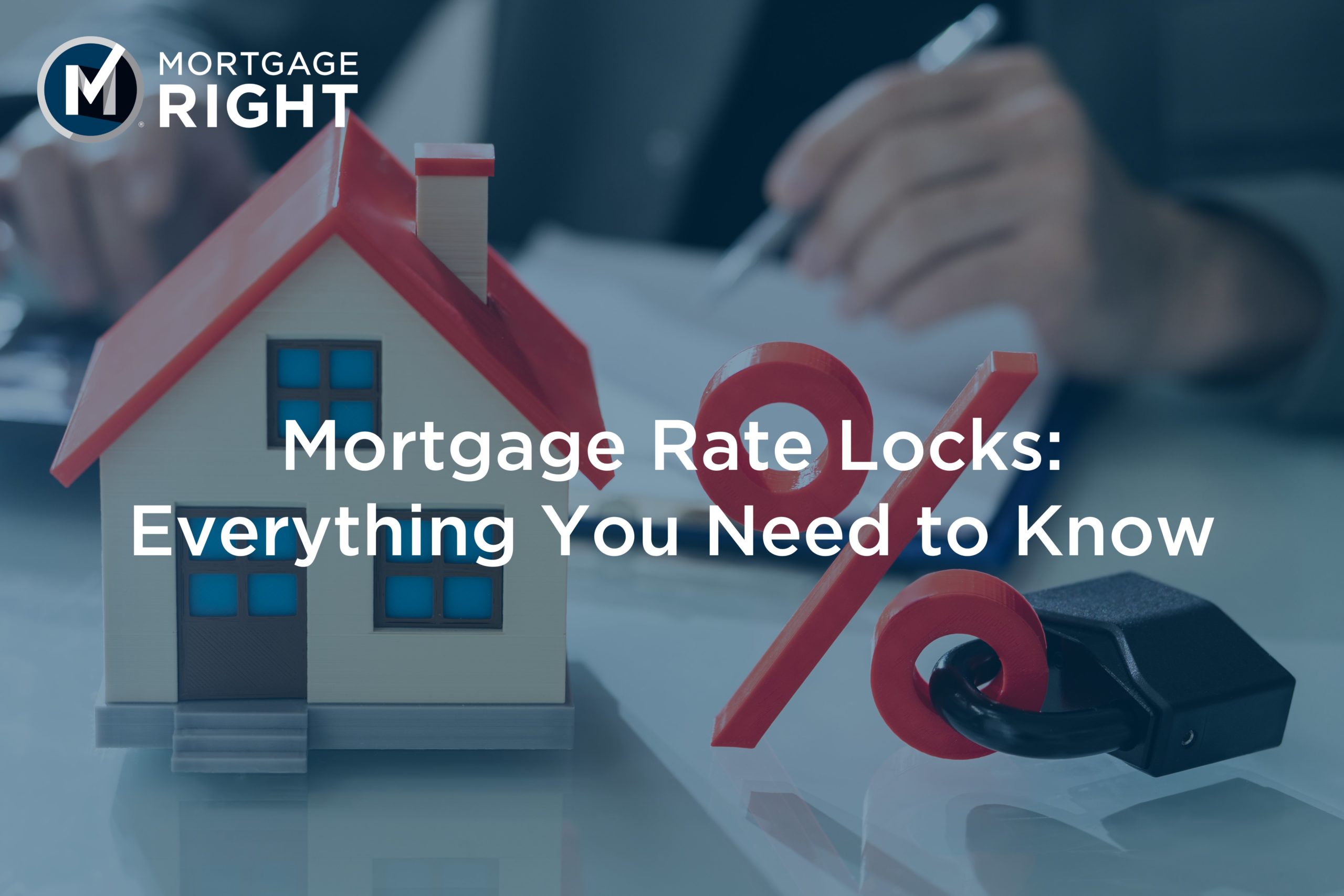
Interest rates are often on the move, which isn’t always great news for homebuyers or current homeowners. Luckily, a mortgage rate lock might help you bypass interest rate ups and downs when you want to make important mortgage decisions!
Mortgage Rate Lock: What Is It?
A mortgage rate lock, or lock-in, is a tool that will stop your interest rate from changing as you navigate the home-buying or refinance process. Your rate lock stays in place if you close within the specified lock period and your application has no changes.
How Long Can You Lock in a Mortgage Rate?
Rate lock duration varies between lenders, but in most cases, a 30 or 60-day lock period is available. Rate-lock extensions are also a possibility.
Locking in a rate the moment you receive your loan approval is not always a requirement. A lender could allow you to lock your rate in at any time between signing a purchase agreement and closing on your mortgage. The length of the rate lock will affect how much interest you can expect to pay on your loan.
Keep this in mind: MortgageRight’s Lock & Shop program allows you a 60-day lock period to find the home you want to buy. If you find a home within 60 days, a free 30-day extension will be granted. To start the rate-lock period, you will be charged a $1,500 flat fee to lock the loan. Once the loan is closed, we will issue a $1,500 credit toward your loan’s closing costs.
When to Lock in a Mortgage Rate
Knowing when to lock your mortgage rate can maximize how much you’ll benefit. The best time to get a rate lock will always depend on your financial situation, but you also need to consider the state of the housing market. Locking your interest rate mitigates the risk of interest rate volatility. If interest rates are predicted to rise during your home-buying process, a rate lock could be a worthwhile financial decision. However, if interest rates are likely to lower, getting a rate lock could keep you from saving money in the long term.
When choosing to purchase or refinance with MortgageRight, you’ll have the opportunity to lock your loan after submitting a valid loan application.
Rate Locks for Homebuyers
When buying a new home, these rate-lock conditions may or may not apply:
- If your lender offers a lock-while-you-shop option, you will likely be able to lock your rate as soon as you’re pre-qualified or pre-approved. MortgageRight’s Lock & Shop program offers this option.
- Borrowers must have a full application and selection of a property if the lender doesn’t offer a lock and shop program.
Rate Locks for Refinancers
When refinancing, the following may affect how your rate lock is applied:
- When considering a traditional refinance, ask yourself if the money you will save on your monthly payments will outweigh what you will pay in closing costs and interest on the new loan when the rate you’re attempting to lock is applied. If so, locking the rate might be a good idea.
Change Can Happen
Even if you’ve managed to land a rate lock, your locked-in rate can still fluctuate if you make disqualifying decisions. Here are a few common reasons your interest rate lock may not be honored:
- A change in your requested loan type or adjustment of your down payment amount can result in a different locked-in interest rate.
- Appraisal matters. If the appraisal on the home you’re buying is higher or lower than expected, your interest rate can change.
- If your credit score changes, so can your interest rate while under a rate lock.
- Income issues can also affect your locked interest rate.
Keep this in mind: Rate locks are not guaranteed and are subject to underwriting protocols. To secure and maintain a rate lock, you must meet all qualifying guidelines. A rate lock does not serve as a loan approval or commitment to lend from your lender.
Ready to Lock in a New Home?
Homeownership can be tricky in today’s market, but a rate lock can get you into the home of your dreams! Contact us today to get started with our Lock & Shop program!
